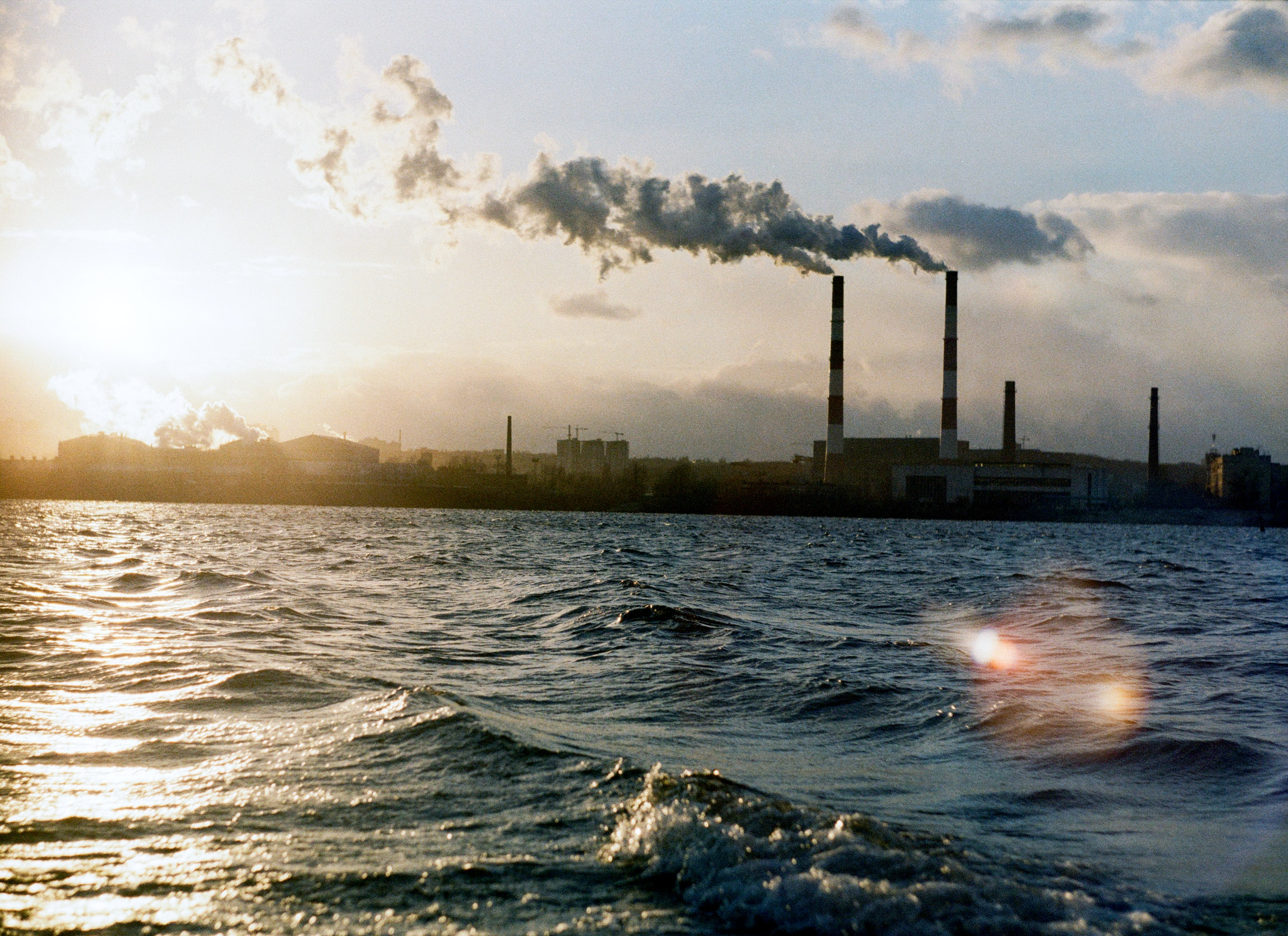We have now left behind us the difficult year which will doubtless leave its mark on our minds. Testifying more strongly than ever to Man’s vulnerability in the face of Nature, 2020 will have made us think about the meaning of our existence and the lifestyles we need to adopt in the future to face the environmental issues that are becoming more visible every day.
Human Health and Ocean Pollution: an alarming new report on marine pollution
To prevent diseases from developing exponentially and climate change from further impacting our daily lives, it is more essential than ever to continue our efforts. 2021 has to be the moment when we turn these reflections into reality and initiate a new dynamic, starting with the preservation of the oceans. This is what the Human Health and Ocean Pollution report, published last December in the American journal Annals of Global Health, underlines. The report is the outcome of a congress organized in Monaco in partnership with the WHO, which brought together scientists, doctors and experts from forty different countries. It warns of the increased risk of diseases due to growing marine pollution and exhorts leaders and citizens around the world to understand the seriousness of the issue.
While it is accepted that pollution is the largest environmental cause of disease in the world, leading to nearly nine million premature deaths each year, the risks associated with specific oceanic pollution are insufficiently recognized. Even though they seriously threaten our well-being, they are only beginning to be understood. By carefully analyzing various marine pollutants, the signatories of this report set out to shed light on the extent of their impact on our health. And the findings are alarming.
When our health depends on the health of the oceans
They point out that, while the incessant dumping of plastic waste in the oceans – something which can easily be observed with the naked eye – continues to increase, marine pollution is unfortunately not reduced to this phenomenon. On the contrary, pollution is very diverse and often invisible – whether it be chemicals, petroleum, urban and industrial waste, pesticides or even toxic metals that are dispersed throughout the oceans. Above all, experts point to the particularly worrying presence of one of these metals, namely mercury.

They affirm that the load of this metallic pollutant, which is produced by coal combustion, metal extraction, oil and gas exploration or else the use of chemicals, is continuing to rise in the environment, estimating that nearly 2,220 tonnes were emitted in 2020. The problem? The signatories to Human Health and Ocean Pollution have discovered that when mercury is deposited in the oceans, marine microorganisms convert it to methyl mercury, a highly toxic organic form of mercury.
Basing their observations on various studies, they reveal that exposure to this type of metal, through the consumption of marine mammals or through simple skin and respiratory contact while bathing, is thought to have a considerable and irreversible impact on the functioning of the human brain: in particular, it is thought to decrease motor and verbal skills, attention, memory and even IQ. Cardiac activity may also be modified by prolonged exposure to methyl mercury, with an increased risk of hypertension and infarction leading, in the worst case, to death. Finally, certain experiments have evidenced the appearance of cutaneous eruptions and respiratory problems in those exposed.
Toxicity is increased by global warming
All of these health risks are likely to increase if climate change continues to accelerate. To cap it all, the signatories demonstrate that global warming, increased runoff and changes in ocean currents strongly remobilize mercury in the environment, thereby increasing its toxicity. All the more reason to recognize that the time for action has come and that pollution can be avoided. Let us put 2021 under the banner of hope and marine protection. How? By demanding, yet again, more concrete action and legislation from public decision-makers to reduce plastic production and coal combustion, the main causes of the presence of mercury in the oceans; and, as citizens, by progressively turning to a circular economy, more responsible consumption and less waste. These demands are essential in order to prevent ocean pollution, mitigate climate change and thus contribute to global well-being. Let us be the driving force of this change.

